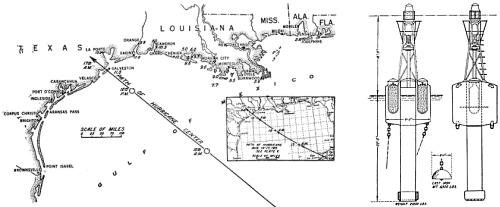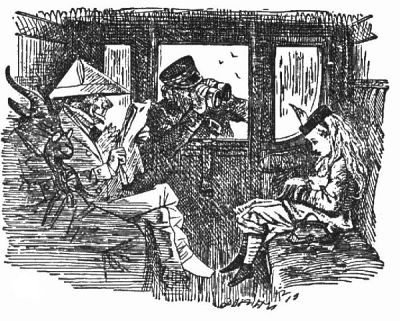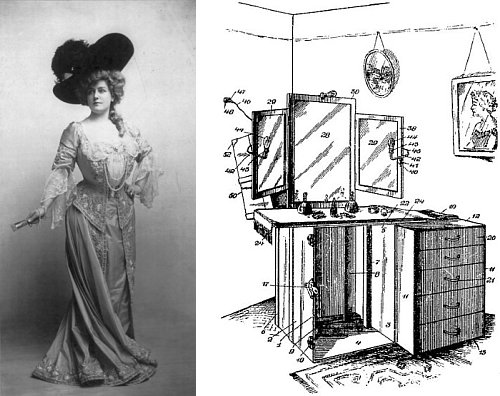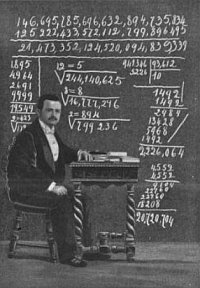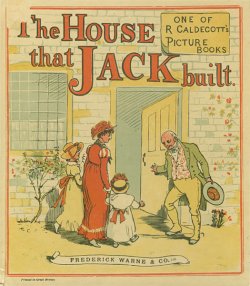
Behold the Mansion reared by daedal Jack.
See the malt stored in many a plethoric sack,
In the proud cirque of Ivan’s bivouac.
Mark how the Rat’s felonious fangs invade
The golden stores in John’s pavilion laid.
Anon with velvet foot and Tarquin strides,
Subtle Grimalkin to his quarry glides,
Grimalkin grim, that slew the fierce rodent
Whose tooth, insidious, Johann’s sackcloth rent!
Lo! now the deep-mouthed canine foe’s assault,
That vexed the avenger of the stolen malt,
Stored in the hallowed precincts of that hall
That rose complete at Jack’s creative call.
Here stalks the impetuous Cow with crumpled horn,
Whereon the exacerbating hound was torn,
Who bayed the feline slaughter-beast that slew
The Rat predaceous whose keen fangs ran through
The textile fibers that involved the grain,
Which lay in Han’s inviolate domain.
Here walks forlorn the Damsel crowned with rue,
Lactiferous spoils from vaccine dugs who drew,
Of that corniculate beast whose tortuous horn
Tossed to the clouds, in fierce vindictive scorn,
The harrowing hound whose braggart bark and stir
Arched the lithe spine and reared the indignant fur
Of Puss that with verminicidal claw
Struck the weird rat, in whose insatiate maw
Lay reeking malt that erst in Juan’s courts we saw.
Robed in senescent garb, that seems in sooth
Too long a prey to Chronos’ iron tooth,
Behold the man whose amorous lips incline,
Full with young Eros’ osculative sign,
To the lorn maiden whose lact-albic hands
Drew albulactic wealth from lacteal glands
Of that immortal bovine, by whose horn
Distort, to realm ethereal was borne
The beast Catulean, vexer of that sly
Ulysses quadrupedal, who made die
The old mordaceous Rat that dared devour
Antecedaneous Ale in John’s domestic bower.
Lo here! with hirsute honors doffed, succinct
Of saponaceous locks: the Priest who linked
In Hymen’s golden bands the torn unthrift,
Whose means exiguous stared from many a rift,
Even as he kissed the virgin all forlorn,
Who milked the Cow with implicated horn,
Who in fine wrath the canine torturer skied,
That dared to vex the insidious muricide,
Who let auroral effluence thro’ the pelt
Of the sly Rat that robbed the place Jack built.
The loud cantankerous Shanghae comes at last,
Whose shouts arouse the shorn ecclesiast,
Who sealed the vows of Hymen’s sacrament
To him who, robed in garments indigent,
Inosculates the damsel lachrymose,
The emulgator of that horned brute morose,
That tossed the dog that worried the cat, that kilt
The rat that ate the malt that lay in the house that Jack built.
— “Canadian paper,” quoted in Notes and Queries, Dec. 20, 1862

